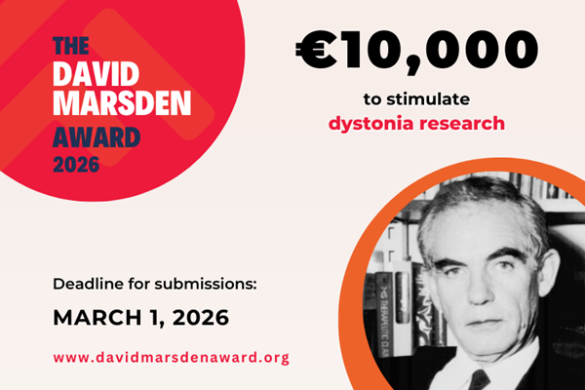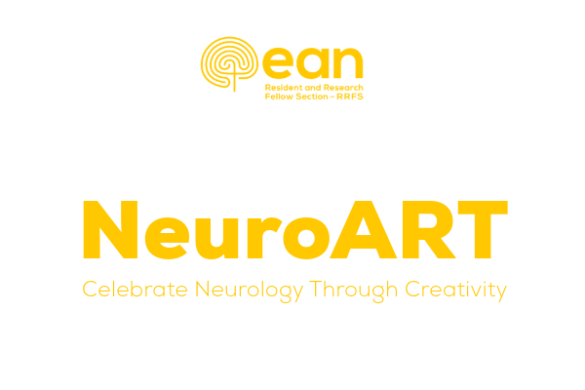by Isabella Colonna
Symposium 1 focused on innovative treatment approaches to inherited neuromuscular disorders with four excellent talks.
Prof. Teresinha Evangelista spoke about genetic therapy in neuromuscular disorders. She described the new genetic therapeutic approaches to the treatment of peripheral neuropathies, hereditary transthyretin amyloidosis and limb-girdle muscular dystrophy. She concluded by highlighting that gene therapies are likely irreversible, potentially providing sustained benefits but also carrying a possible risk of long-term adverse effects.
Prof. Giuseppe Vita delivered a lecture on RNA-based therapies. First, he introduced the audience to antisense oligonucleotide therapies, currently already approved for the treatment of spinal muscular atrophy and hereditary transthyretin amyloidosis. He also described exon skipping and reported detail on medications that use RNA interference technology. Finally, he concluded by stating that cost-benefit analyses should consider long term direct and indirect effects of these RNA-based therapies from the perspective of patients, their families and society as a whole.
Prof. Mark Roberts discussed enzyme replacement therapy in metabolic disorders. He focused his lecture on Pompe disease, a lysosomal storage disorder due to alpha-glucosidase deficiency. After describing the clinical features of this disease, he reported that enzyme replacement therapy with alpha-glucosidase has been associated with reduced mortality, improvement of long-term outcomes and stabilisation in patients with Pompe disease in most studies.
Finally, Prof. Molnar talked about the role of small molecule approaches in treating inherited neuromuscular diseases. In comparison with biologics, small molecules can target cells easily in several ways, can be orally delivered and reach high concentrations within a short time. Small molecules for the treatment of neuromuscular disorders are able to target DNA, RNA and proteins. In particular, the development of small molecules targeting RNA (SMiRNA) is expanding since small molecules have several more convenient characteristics than biologics.













